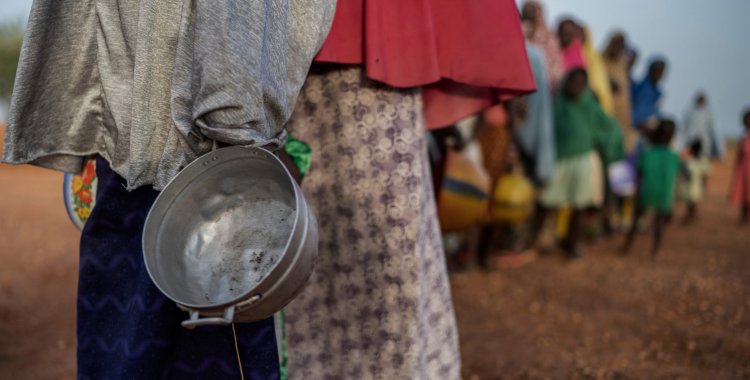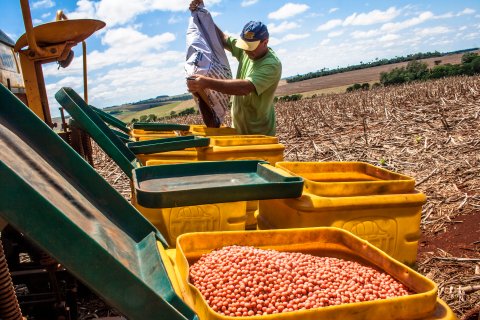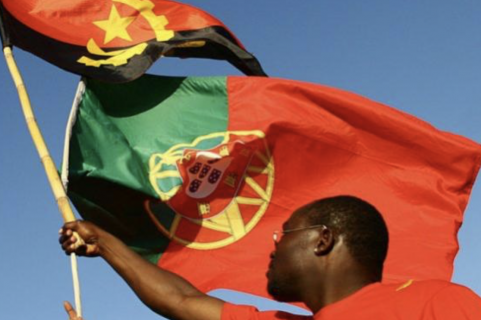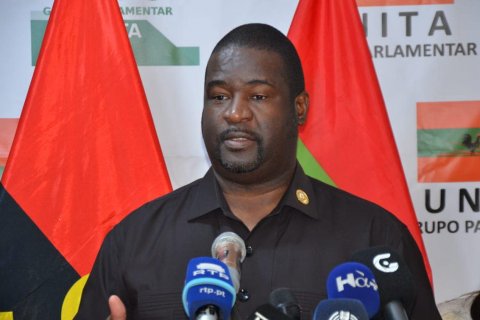In the report on the state of human rights in the world in 2022, AI denounces that hunger has affected "about 1.58 million people" in those southern provinces, without the necessary intervention by the Government.
"Thousands of people walked to Namibia on foot, without food and water, some of them sick and malnourished; many died during the journey", reports the organization for the defense of human rights.
"The Government of Namibia and the Red Cross made visible efforts to provide aid to the refugees" while on the Angolan side "there was little government relief for those who remained in Angola", such that "hunger forced many of those who had been repatriated to return" to the neighboring country.
Around 400,000 children were classified as "severely malnourished" in 2022, according to the United Nations Children's Fund (UNICEF).
Amnesty International also accuses the Angolan authorities of repression of the right to peaceful assembly and protest, detention and torture of activists, especially in periods "submerged" in human rights violations, pre and post-elections, held on 24 August.
Although no violations of human rights were reported at polling stations on election day, situations happened before and after and "the security agents went unpunished for these crimes", says Amnesty International.
Among other cases, he mentions what happened in March, when agents of the Criminal Investigation Service (SIC) detained and "subjected to torture during detention", 10 civic activists for planning a seminar on sustainable regional development at the Agostinho Neto school, in the province of Malanje.
The successive arrests of António Tuma, deputy for information of the Independentist Movement of Cabinda (MIC) and other activists of this structure are also denounced in the report, which documents with various cases how the authorities "reinforced control over the right to freedom of association, preventing civil society meetings before the elections".
After the election, "mass arrests were carried out", adds AI, recalling, among others, the cases in Lobito, on August 26, when the national police dispersed a demonstration and arrested eight activists and 11 other people, and another 20 the next day, during a protest contesting the election results.
The human rights organization also denounces other violations, such as the expropriation of communal pastures, aggravating the already difficult situation of these communities, for commercial livestock in the south of Angola.
In October, he exemplifies, the police set fire to 16 houses and personal objects in an operation to expel the Mucubai community from their lands, in Namibe province.







